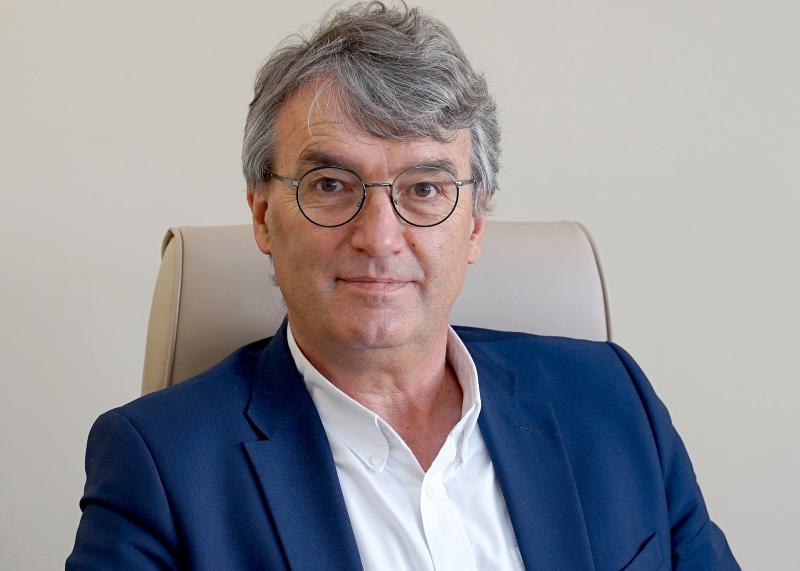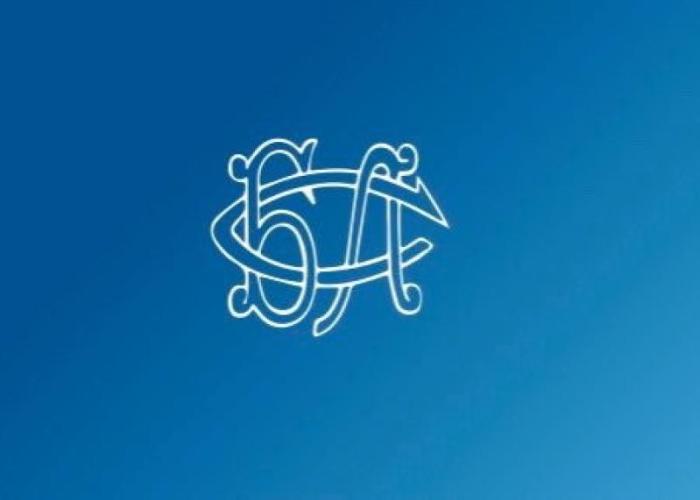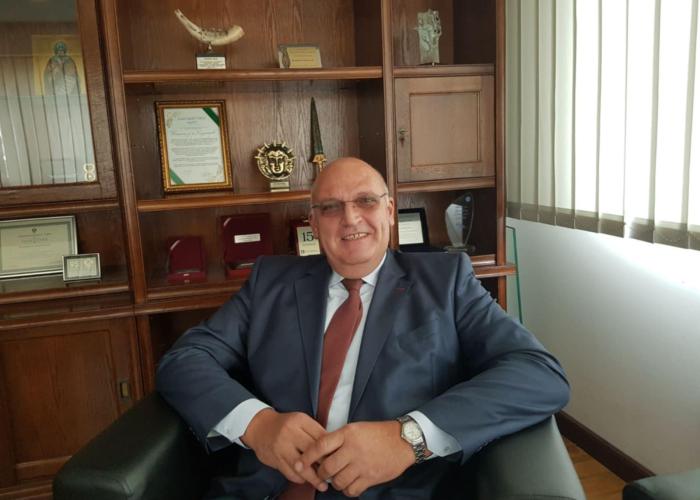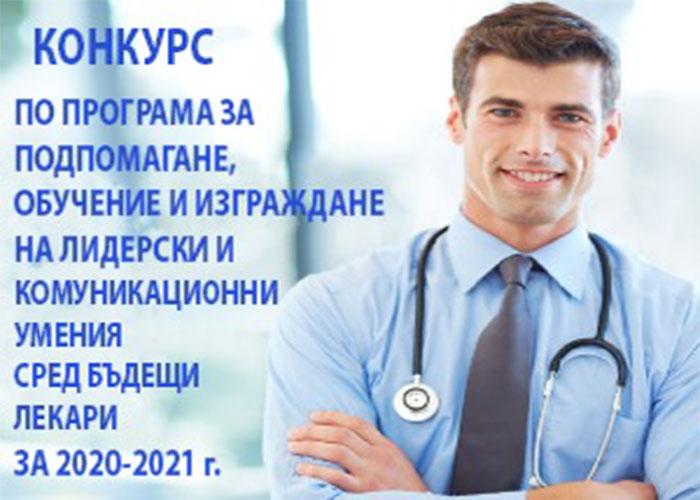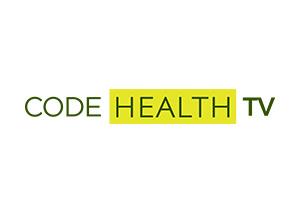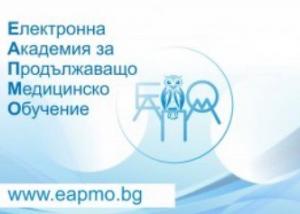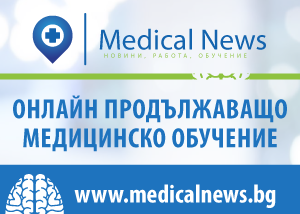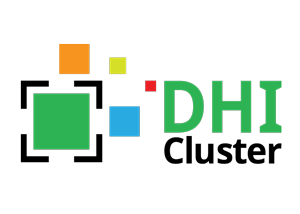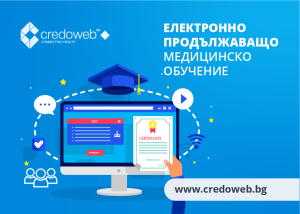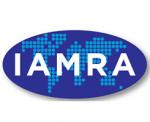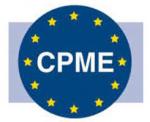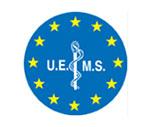Academy. Lachezar Traikov: Science is not an end in itself, science is part of the level of medicine in one country
_Cad. Lachezar Traikov has completed medicine at the Medical University - Sofia with specialty neurology. Since 1993 for eight years he has been working in France in the field of dementia, neuropsychology and neurology. Protects a PhD in the "Rene Descart" Faculty of Paris Five University. In the period 2009-2013 he was an Executive Director of the Alexandrovska Hospital. From 2008 to 2020 he was the head of the Department of Neurology to him - Sofia, and in the height of the pandemic last year headed the educational establishment as his rector.
- Acad. Traykov, troubled times have occurred for the medics all over the world. What future awaits the new doctors who now finish its-Sofia?
- I think what awaits them is not scary. If you mean whether accidentally did not suffer the degree of their training - I can say that it is not. Naturally, much better if we could have done all the learning in the standard way - live, in an attendance. But, unfortunately, Covid-19 was a very serious challenge. And our role in this case is multiple - it obliges us to try to keep health on the one hand, to the children themselves and their relatives, on the other - the teachers from the third - the patients.
- and yet I guess "new normally" has given a definite reflection ...
- In the beginning we were small when we had to teach in front of a single screen without a living audience. By nothing, the quality of online lectures does not give way to those in the form - questions can be asked and discussions; Presentations are the same. However, in practical classes, yes, there was a reflection. We tried, we made some effort to compensate. While I was still head of the Neurology Department, along with colleagues we developed detailed clips with instructions and explanations for students. We tried to create an atmosphere similar to that in real conditions. Naturally, there were no opportunities for students to touch live patients, but I do not think that this reduced learning as a whole. The media embedded discussion how medical students will learn remotely. The people who ask these questions as if they live in Archibald Morin's era when medicine learned only and only through the direct touch to the patient. Now we have huge opportunities for distance learning. Thanks to 3D cameras, students can observe real-time operations and can ask questions and communicate with operators.
[Whole interview.] (Https://blsbg.com/en/download/file/page-section/21876)
Source: Quo vadis 

